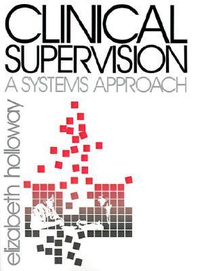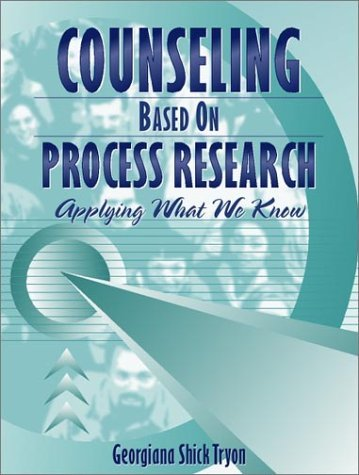Termination in Psychotherapy: A Psychodynamic Model of Processes and Outcomes

Summary
A successful termination phase is a critically important component of psychotherapy of any orientation. While this is generally accepted, a host of uncertainties continue to surround this phase of treatment. The authors of Termination in Psychotherapy synthesize and evaluate the clinical, theoretical, and empirical literature on termination. They then offer their own Termination Phase Model designed to help psychotherapists understand and address the full range of both patient and therapist responses that must be considered as therapy winds down and the patient prepares for life after treatment. The authors show how the boundary between the working phase of therapy and the termination phase can be recognized and used to mark the shift into the process of ending therapy. They describe the outcomes that are particular to the termination phase and distinct from the outcomes of treatment, and give close attention to the tasks and other practical considerations associated with each of these termination outcomes. Developed in the context of longer-term, dynamically-oriented psychotherapy, the book's general model provides a useful framework for understanding the termination phase across theoretical orientations and treatment modalities and structures, including group therapy. Finally, the authors offer an inventory of useful clinical principles to effectively manage the termination phase, and identify areas in need of further empirical scrutiny.
Similar Books
-
 Theories of Psychotherapy and Counseling: Concepts and Cases
Theories of Psychotherapy and Counseling: Concepts and Casesby Richard S. Sharf
-
 Mindfulness and Acceptance: Expanding the Cognitive-Behavioral Tradition
Mindfulness and Acceptance: Expanding the Cognitive-Behavioral Traditionby Steven C. Hayes
-
 Psychotherapy and Spirit: Theory and Practice in Transpersonal Psychotherapy
Psychotherapy and Spirit: Theory and Practice in Transpersonal Psychotherapyby Brant Cortright
-
 Clinical Handbook of Mindfulness
Clinical Handbook of Mindfulnessby Fabrizio Didonna
-

-
 Short-Term Treatment and Social Work Practice: An Integrative Perspective
Short-Term Treatment and Social Work Practice: An Integrative Perspectiveby Eda G. Goldstein
-
 Emotion in Psychotherapy
Emotion in Psychotherapyby Leslie S. Greenberg
-
 The Therapeutic Self: Developing Resonance--Key to Effective Relationships
The Therapeutic Self: Developing Resonance--Key to Effective Relationshipsby John G. Watkins
-
 Clinical Supervision: A Systems Approach
Clinical Supervision: A Systems Approachby Elizabeth L. Holloway
-

-

-
 Humor and Wellness in Clinical Intervention
Humor and Wellness in Clinical Interventionby Waleed A. Salameh
-
 Psychotherapeutic Change: An Alternative Approach to Meaning and Measurement
Psychotherapeutic Change: An Alternative Approach to Meaning and Measurementby Alvin R. Mahrer
-
 Clinical Understanding
Clinical Understandingby Gail S. Reed
-
 Counseling Based On Process Research: Applying What We Know
Counseling Based On Process Research: Applying What We Knowby Georgiana Shick Tryon
-
 Psychosocial Components of Occupational Therapy
Psychosocial Components of Occupational Therapyby Anne Cronin Mosey
-
 Occupational Therapy: Configuration of a Profession
Occupational Therapy: Configuration of a Professionby Anne Cronin Mosey
-
 Group Counseling and Group Psychotherapy: Theory and Application
Group Counseling and Group Psychotherapy: Theory and Applicationby George M. Gazda
-
 Counselling Psychology
Counselling Psychologyby Petrūska Clarkson
-
 Group Psychotherapy of the Psychoses: Concepts, Interventions and Contexts
Group Psychotherapy of the Psychoses: Concepts, Interventions and Contextsby Victor L. Schermer
-

-
